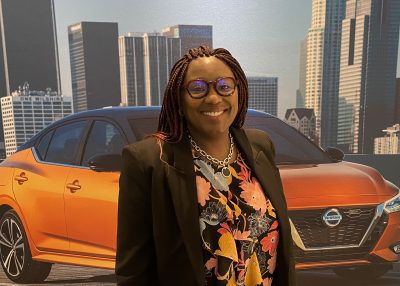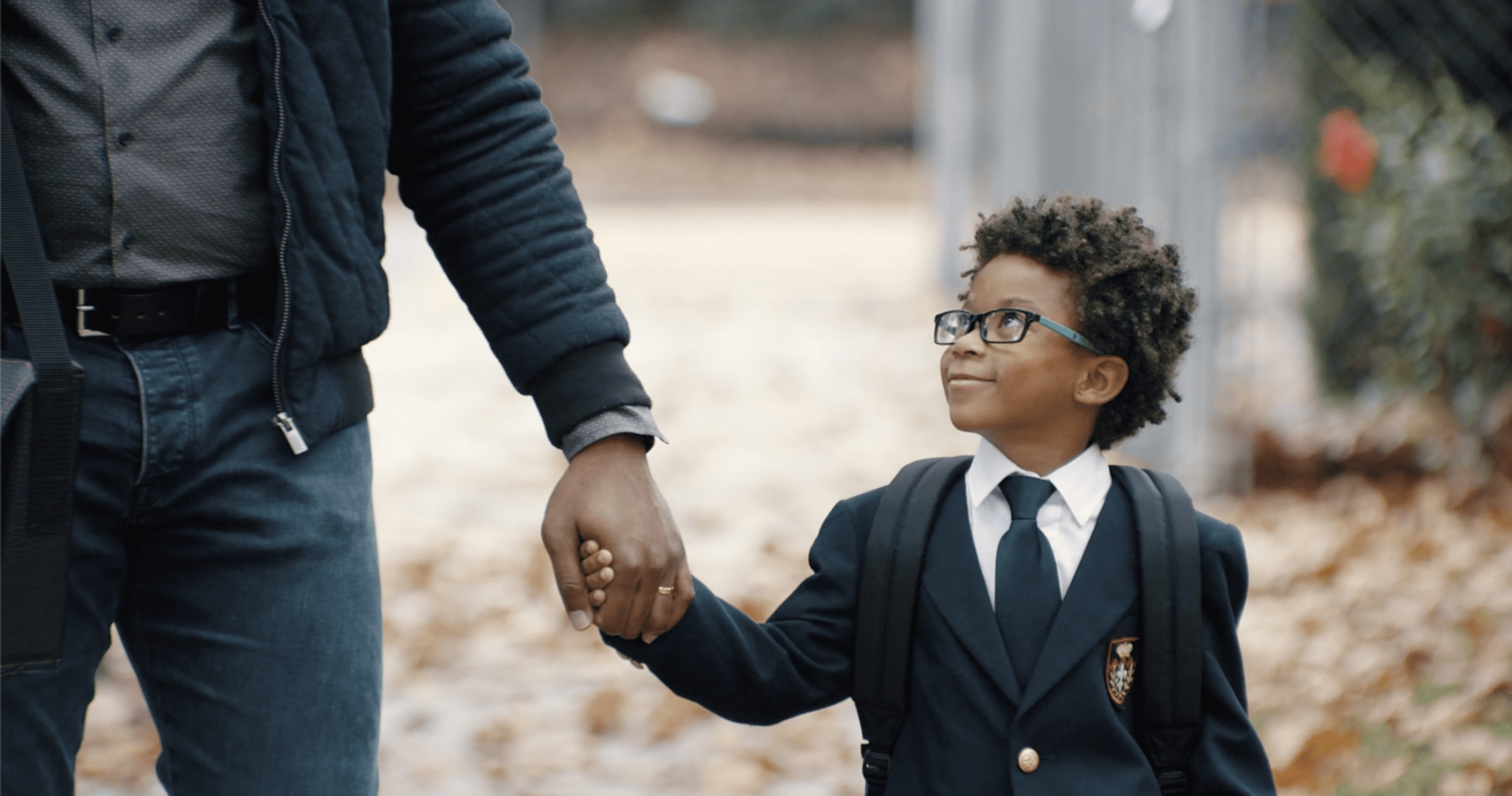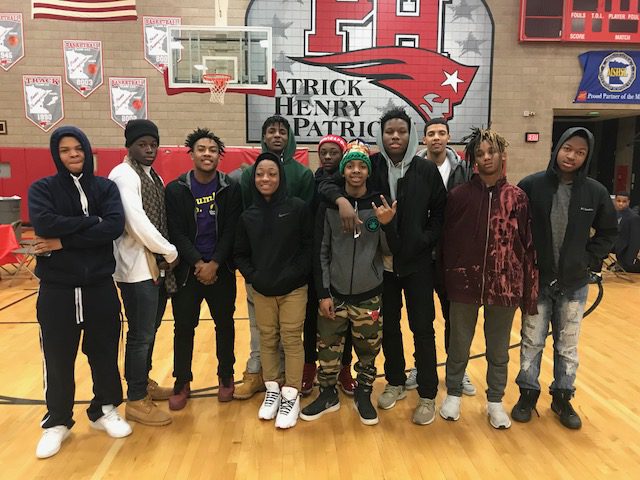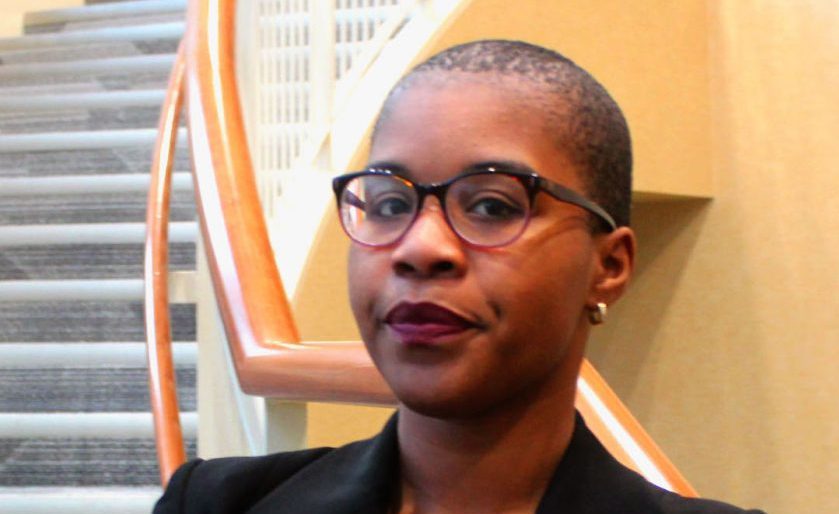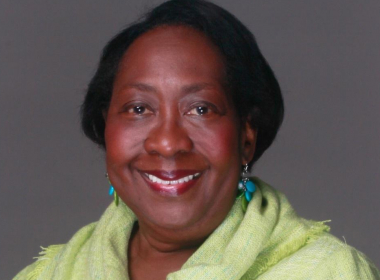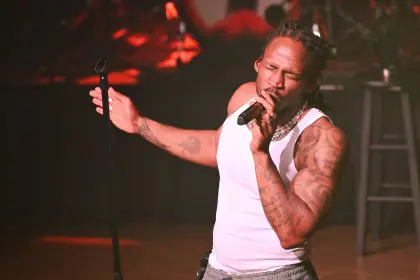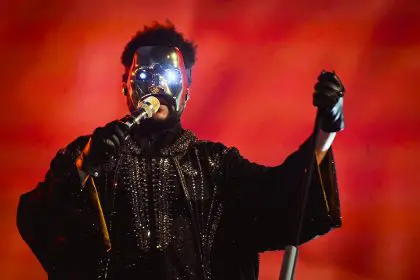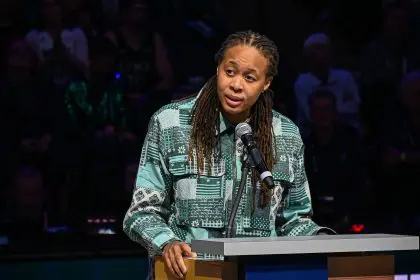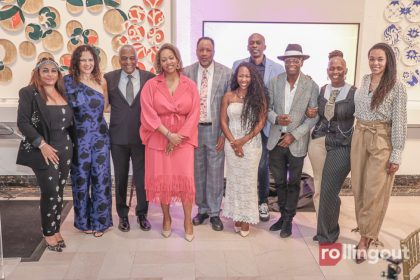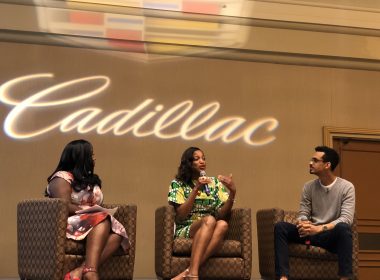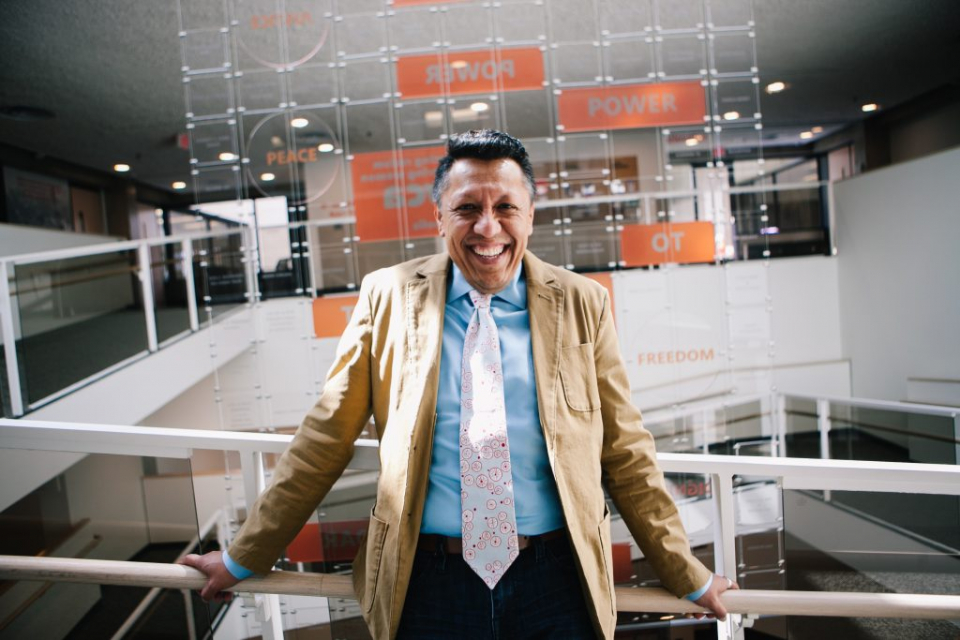
Since Ruben Vazquez immigrated to Minnesota 38 years ago from Mexico City, he has made it his life’s mission to build a better life for himself and others. He earned his master’s in public administration at Hamline University and a certificate in global arbitration law and practice from Mitchell Hamline School of Law and Queen Mary University, London. Currently serving as the vice president of racial justice public policy at the YWCA, Vasquez works to eliminate racial inequality.
Please describe your role as the YWCA’s vice president of racial justice and public policy.
As vice president of racial justice and public policy at YWCA Minneapolis, I am responsible for overall leadership and strategy for YWCA Minneapolis race equity and public policy programs in support of their mission, vision and goals, in the areas of: quality program and event delivery, program development, implementation and evaluation and budget development and management. I provide strategic leadership, proactively build community partnerships and manage the seamless integration of YWCA Minneapolis race equity initiatives among partners and members. I represent YWCA Minneapolis on racial justice and public policy related issues both locally and nationally.
What does the lens look like for racial justice in Minneapolis?
Minneapolis is a very racially diverse city. It is not uncommon to walk into a restaurant, a business, or just down the street and see people from all walks of life — African American, African, Asian, Pacific Islander and Latino. On the surface, this seems exciting and a very welcoming place to live, work and play. Then, you start peeling back the onion and see there are significant racial disparities in the distribution of resources and opportunities in these communities. These disparities have always existed along with racial biases and discrimination. Not until recently, though, have we seen these incidents more overtly displayed. Why? Because of the current political climate, specifically the current administration, more specifically No. 45. Through his comments, his insults, and his ignorance, he has given permission for others to explicitly share their hatred for those people [who] do not look like them or believe in what they do.
In what ways have you implemented racial justice and public policy within the YWCA?
Our mission is to eliminate racism and empower women. Through collaborative approaches to public policy advocacy, community engagement, thought leadership and civic engagement, we work on a personal, institutional and systemic level to dismantle barriers.
What programs have been most impactful for YWCA and community as a whole?
It’s Time to Talk: Forum on RaceTM, held annually, is by far one of our most successful events. With about 1500 participants attending, this event is unique because it creates a space where both individual community members, as well as organizational and business participants, come together for a facilitated conversation on race.
Another part of our work that has been impactful is the Interpersonal Development Inventory (IDI) tool. This tool assesses intercultural competence — the capability to shift cultural perspective and appropriately adapt behavior to cultural differences and commonalities. The primary user of this tool is our organizational/business members.
Can you tell us about any success stories?
My work is not only professional. As a person of color, an immigrant — undocumented at one point — and someone who has experienced firsthand what’s like to be singled out and discriminated against because of the color of my skin, this work is also very personal. I am angry, disappointed and at times feel beaten, but I have decided to turn these feelings into something positive and to use this as ammunition to fight these systematic barriers. My biggest success story is my two children. Through my professional career, my activism, and my work in the community, they are seeing what it means to be powerful, to be courageous, to be unapologetic, and to be a rebel.
I understand you also represent the YWCA in racial justice issues nationally as well. How similar or different are the roles and responsibilities? Can you describe what you have done nationally?
The role on the national level is not very much different than that of the local level. The systematic barriers exist throughout the country. My voice is on behalf of the branding YWCA Minneapolis to ensure our priorities and policies are on the national level. I use these platforms to engage with other national organizations on the work we do, establish relationships and partnerships, and help identify resources for our work.
How important is diversity? How do you incorporate it into your programs?
Diversity is what makes us different. Inclusion is what makes us stronger. I believe that our diversity across race, ability, gender, age, and economic status can be our greatest strength. But to achieve this, it will take meaningful collaboration across our differences to make this possible. By learning from each other’s perspectives and working together, we will take action and create a stronger and more unified community.
Describe the skill sets that will be essential to future business leaders and innovators in your profession.
These young people are unapologetic. They are not afraid to rock the status quo. They demand accountability from their leaders. I am hopeful of our future leaders in this field. From the conversations I have had, from what I have seen, and the people I have gotten to know, I am confident that our progress will continue to move forward. As I saw so many young people march across the country, demanding sensible gun laws, I am encouraged that these people understand the importance of this work. They are unafraid and will organize themselves to create a more just community.
Who do you consider your peers in your field and a few that are notable examples you can get support and best practices?
My peers in this work are too many to name. Yet, there are a few champions that stand out for me — Luz Maria Frias, James Burroughs, John Keller, Emilia Gonzalez, Arianna Genis, Monica Hurtado, and Representative Keith Ellison.

